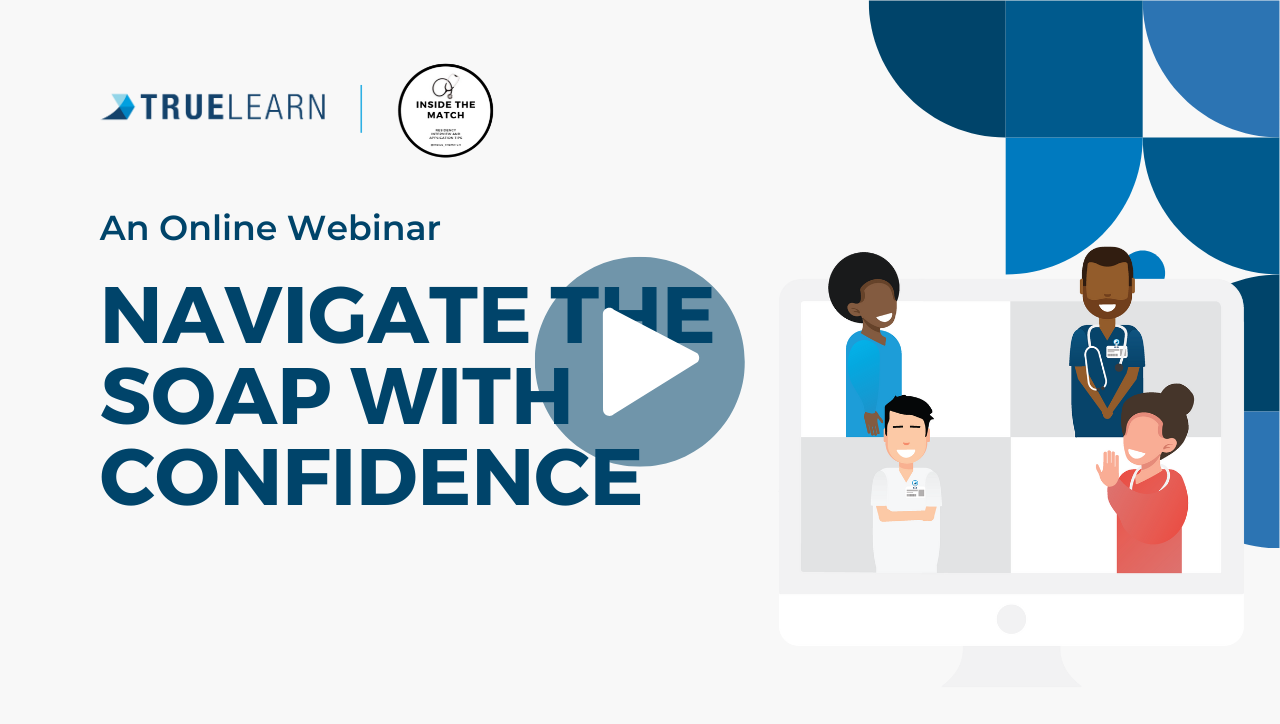What Happens After Residency? You Have Options
Congratulations on finishing your residency! Years of rigorous training and studying have finally paid off. What happens next? Well, that’s up to you.
The first steps after residency and licensure can feel just as daunting as medical school once did. Whether you’re preparing for fellowship, establishing your own practice, or exploring a different path, this brand-new chapter brings exciting challenges and opportunities.
If you need a little guidance on what happens after residency, we’re here to help! Let’s navigate your options and make a plan of action.
Take Time to Celebrate
Most folks want to find a job after residency as soon as possible. There’s nothing wrong with that—with looming student loans and the rising cost of living, securing employment is a must. However, some celebration is in order!
After years of schooling, training, blood, sweat, and tears, you’ve earned it. Whether it’s a celebratory dinner, a vacation, or a get-together with loved ones, take time to recognize your hard work. It’s going to pay off sooner than you think.
Finding a Job After Residency
Finding a job after residency takes time and effort. Whether you have an opportunity already lined up or if you’re just starting the process, we have some tips for you!
1. Identify your ideal career path
Where do you want to head after residency? Do you plan to join a private practice? Or pursue a career in research or academia? Do your research and find your ideal place of work.
2. Get your materials in order
Invest in updating and refining your cover letter and CV! These materials are your first impression on a potential employer and will help you stand out above the crowd. You may also want to practice basic interview questions using the STAR method.
3. Start the job search
Already know your ideal place of work? Great! Search their website for open careers. Or, start your search through job boards, fairs, or local medical offices and hospitals. Don’t be afraid to leverage your network to help you get a foot in the door.
4. Consider the must-haves
Before you interview, consider the job’s responsibilities, pay, commute, hours, and benefits. There will be pros and cons to every position, so weigh your options. Remember, there is no right or wrong answer when it comes to choosing your place of employment.
5. Prepare for an interview
The interview process is always daunting, but you’ve been through this before! Dress professionally, bring a copy of your materials, and rehearse your interview answers out loud. Don’t forget to ask questions at the end of every interview—you’re interviewing them as much as they’re interviewing you.
6. Accept an offer
Before you sign anything or accept an offer verbally, review the employment contract with a keen eye. It never hurts to negotiate or ask questions about your offer letter.
Pursuing a Fellowship
Fellowships are a rewarding pursuit. If you’re passionate about a medical subspecialty, fellowships will provide the specialized training and knowledge you need to practice. Keep in mind, fellowship is different than residency. You’ll have more responsibilities and obtain key knowledge to practice in your chosen specialty.
First, you must research your ideal program and specialty. You likely already know which field you wish to pursue if you’re considering this option, but doing additional research ensures you’re making the right choice for yourself.
After you’ve chosen an ideal program, identify its eligibility and application requirements. Many programs utilize the Specialties Matching Service (SMS) from the National Resident Matching Program (NRMP) along with the Electronic Residency Application Service (ERAS®).
Wondering when to start? Fellowship start and application dates vary by specialty. Use the fellowship calendar timeline as a guide if you’re applying through the NRMP.
Making the Transition to Practice
The transition from residency to practice has its growing pains, but it’s still rewarding. Here’s some advice to get you through!
Reset your mind with time off
Work-life balance will be key to taking care of your well-being. You have to juggle many responsibilities at work and in your home life. To prevent burnout, take time off—it’s essential.
Establish better self-care habits
Your routine can make all the difference. Self-care goes beyond just maintaining your household. Prioritize eating healthy, getting enough sleep, exercising, and spending time with loved ones to better show up for yourself and your patients.
Reflect: Where do you want to be in 20 years?
Keep yourself motivated by setting long-term goals and milestones along the way! Whether you want to establish an independent practice or pursue something entirely different, the decision is yours.
Check in with yourself every so often, too. It’s okay if you find your goals have changed over the years. Just ask yourself, “What do I want to do next?” and keep your eyes on the prize.
No matter what path you choose, you’ll do great!

